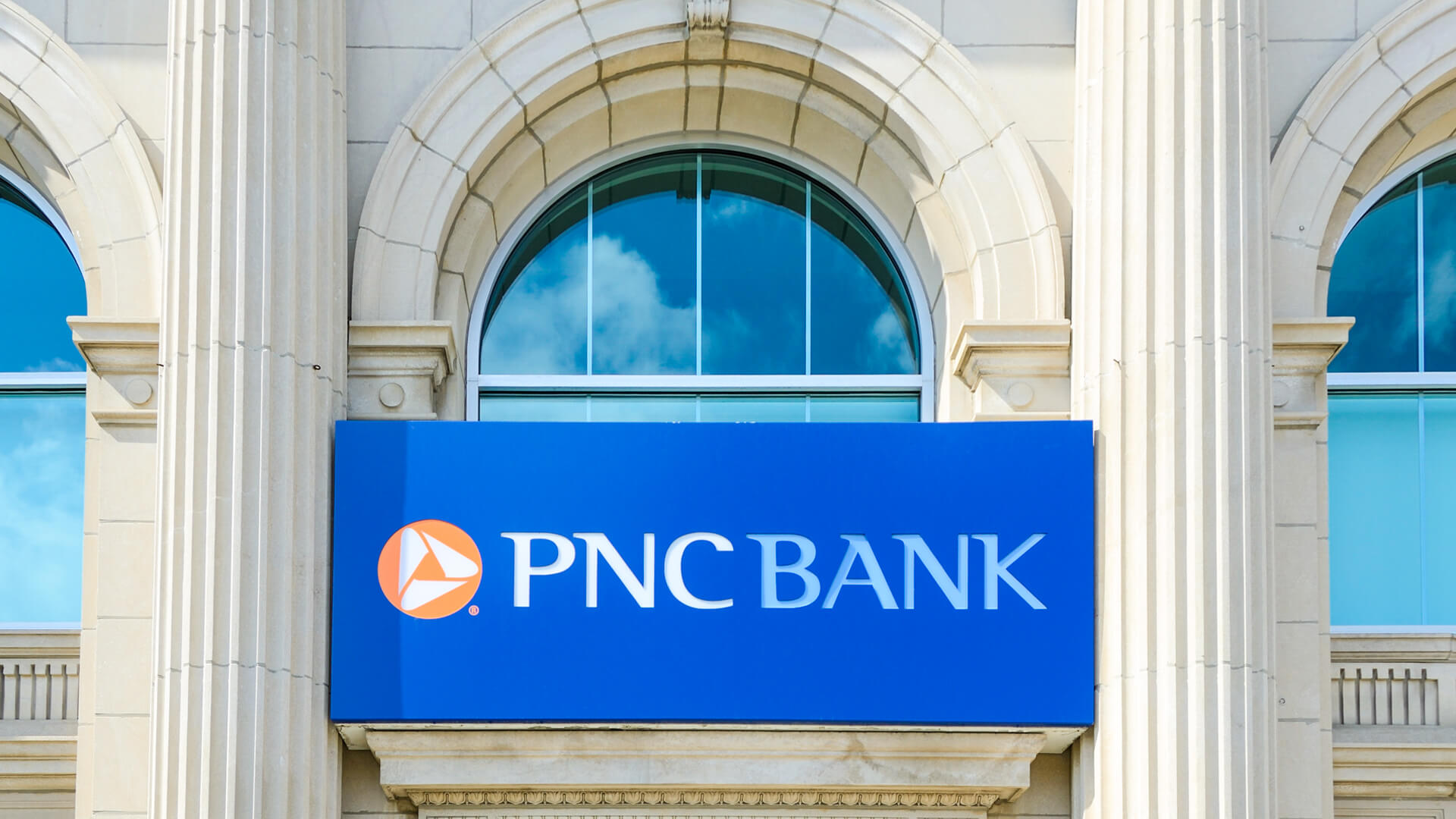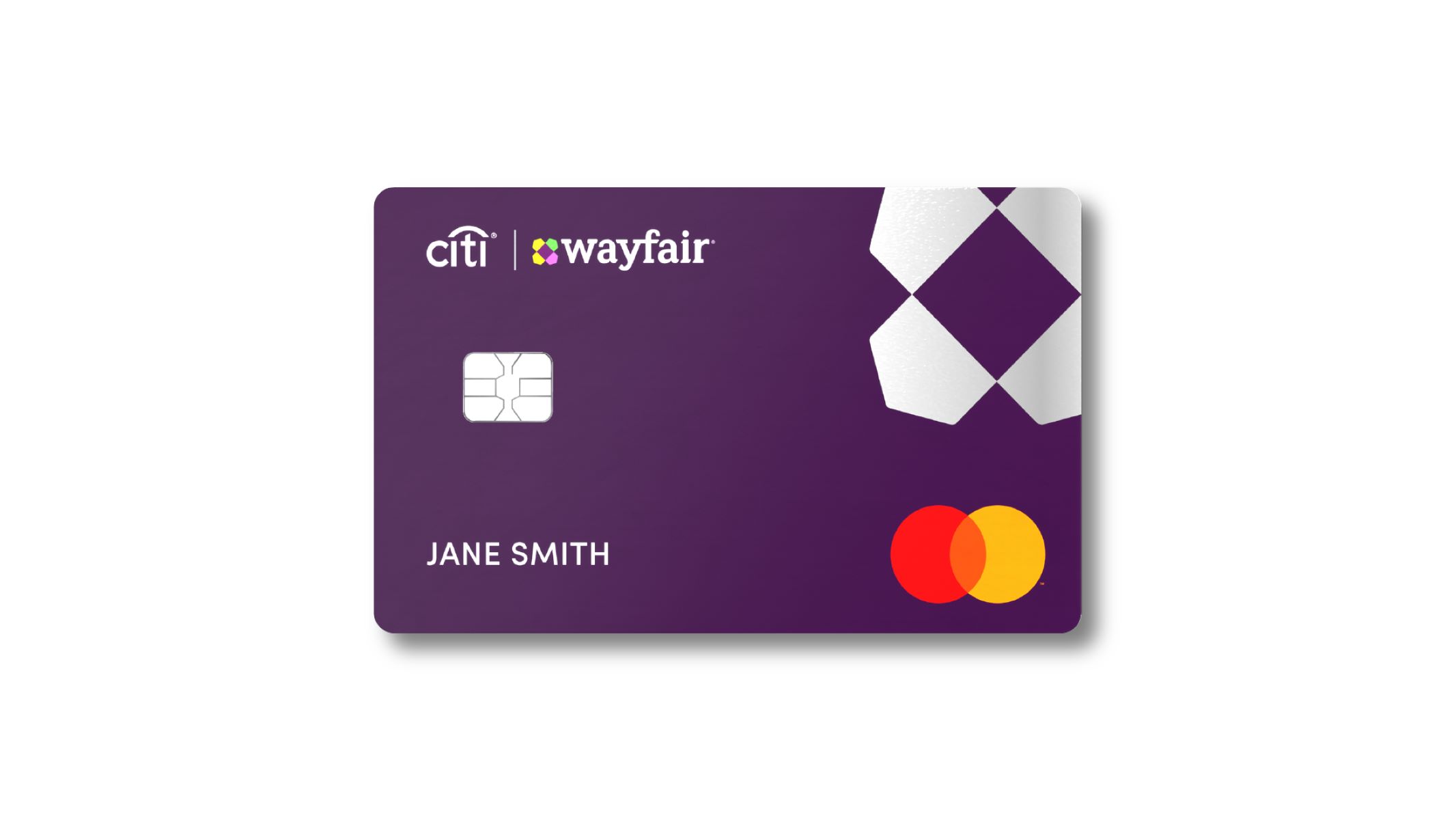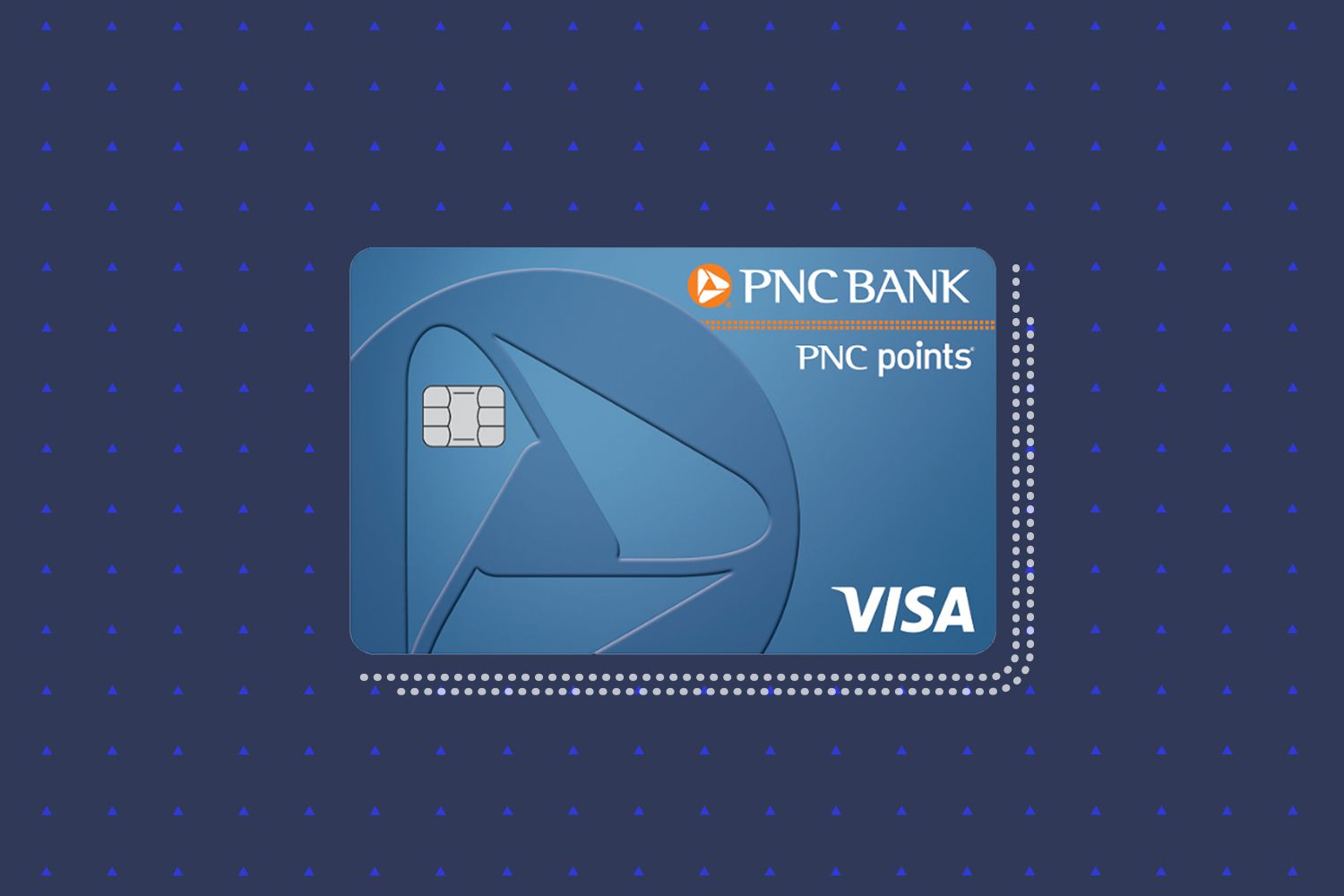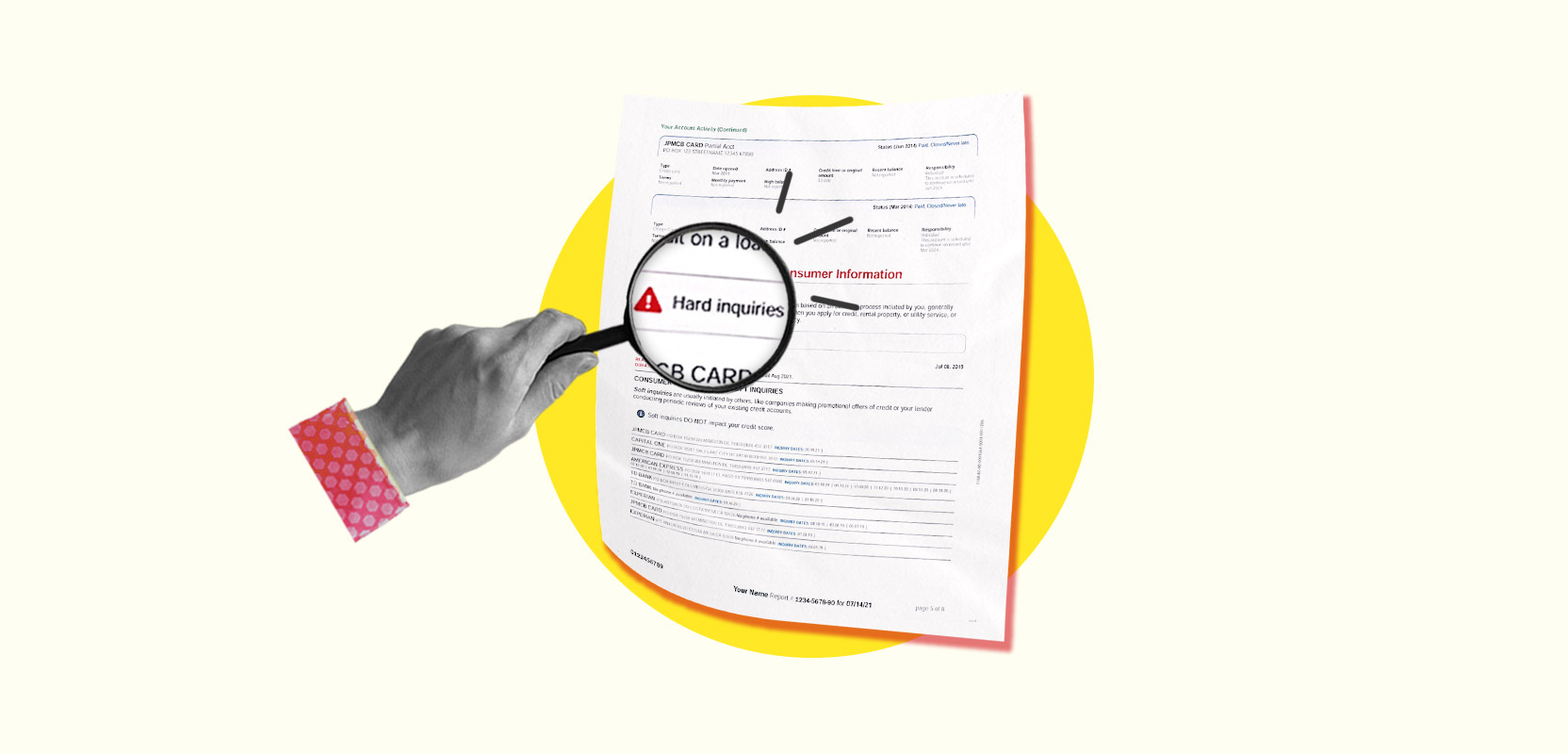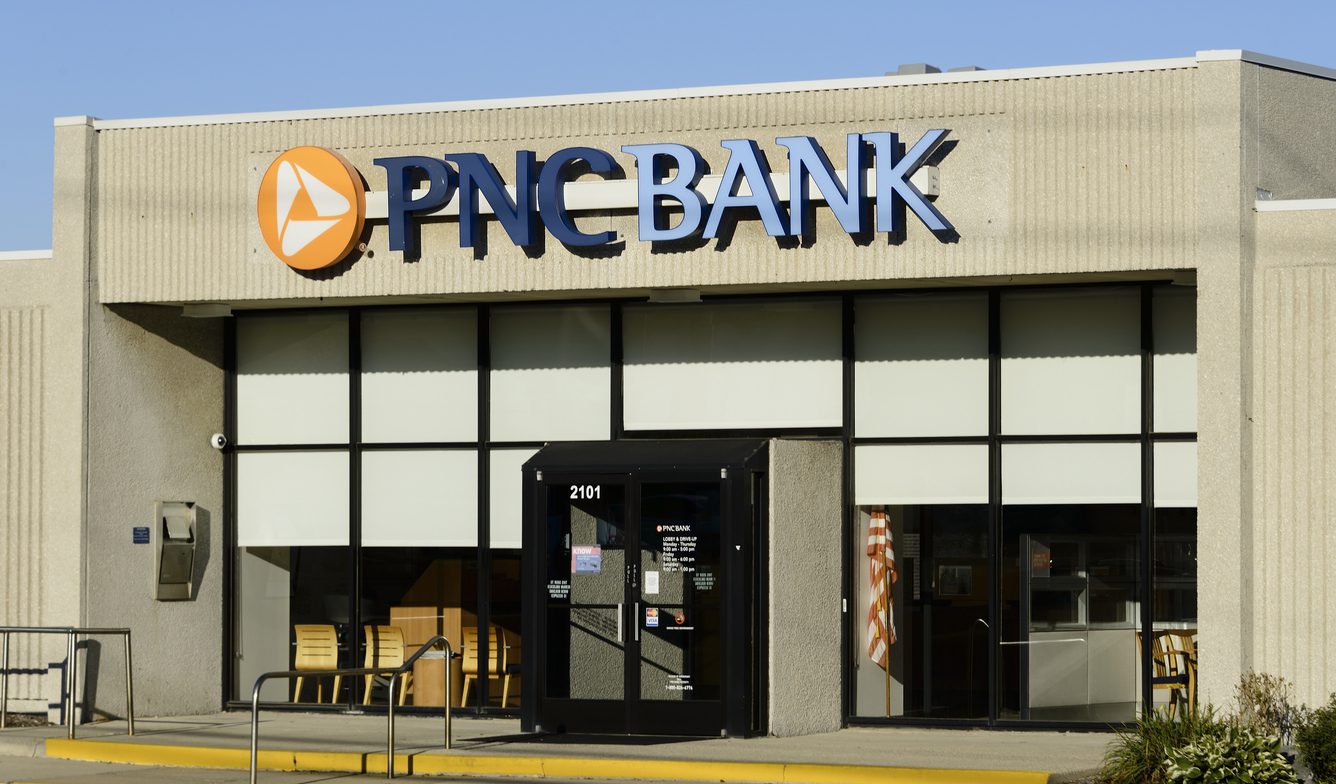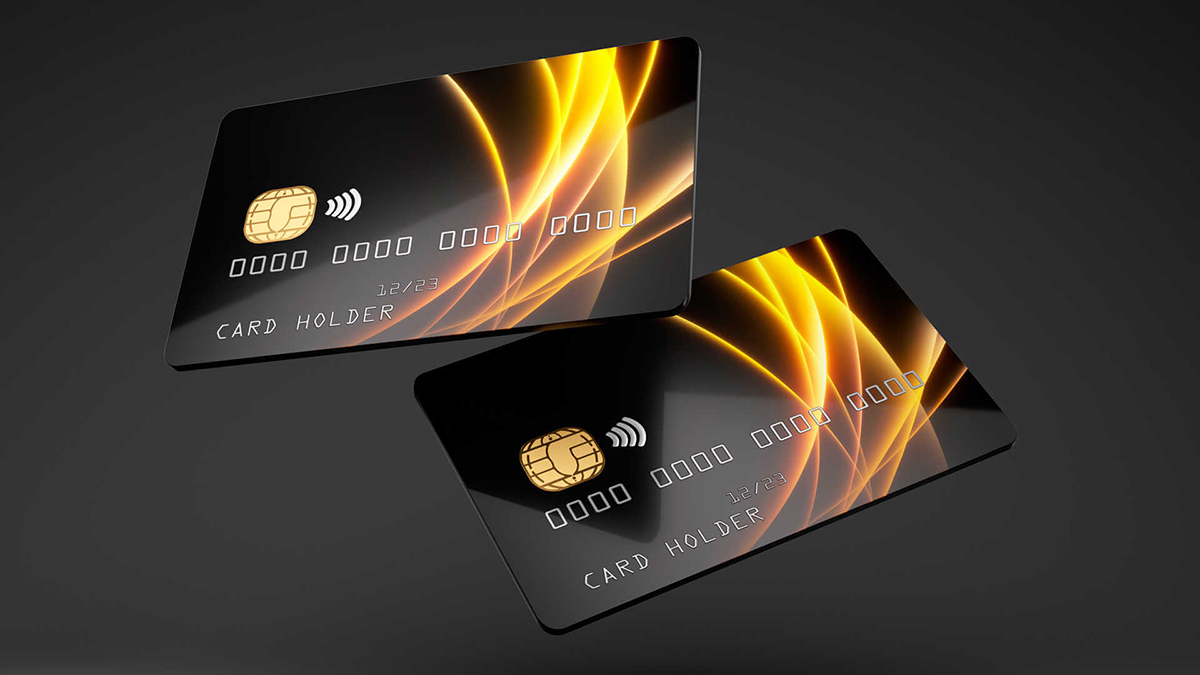

Finance
How Hard Is It To Get A PNC Credit Card
Modified: March 3, 2024
Looking to finance your purchases? Discover how hard it is to get a PNC credit card and start managing your finances today.
(Many of the links in this article redirect to a specific reviewed product. Your purchase of these products through affiliate links helps to generate commission for LiveWell, at no extra cost. Learn more)
Table of Contents
- Introduction
- What is a PNC Credit Card?
- Benefits of PNC Credit Card
- Eligibility Requirements for PNC Credit Card
- Application Process for PNC Credit Card
- Factors that Determine Approval for PNC Credit Card
- Tips for Increasing the Chances of Approval
- Common Reasons for Credit Card Application Rejection
- Conclusion
Introduction
Applying for a credit card can be an exciting but nerve-wracking experience. With so many options available in the market, it’s essential to choose a credit card that suits your financial needs and goals. One popular credit card option is the PNC credit card.
PNC, short for Pittsburgh National Corporation, is a leading financial institution that offers a range of banking and financial services, including credit cards. With its reputation for quality customer service and competitive offerings, PNC credit cards have become a sought-after choice for consumers.
In this article, we will explore what a PNC credit card is, the benefits it offers, the eligibility requirements for obtaining one, the application process, and factors that determine approval. Additionally, we will provide you with some helpful tips to increase your chances of getting approved for a PNC credit card.
Whether you’re looking to build credit, take advantage of rewards and benefits, or manage your finances more effectively, a PNC credit card could be a valuable tool in achieving your financial goals. So, let’s delve into the world of PNC credit cards and discover how hard or easy it is to obtain one.
What is a PNC Credit Card?
A PNC credit card is a financial tool that allows individuals to make purchases on credit while building a credit history. Like any other credit card, a PNC credit card works on the basis of borrowing money from the issuing bank, in this case, PNC Financial Services Group.
One of the key attractions of a PNC credit card is the wide range of options available to suit different financial needs. Whether you’re looking for a card with cashback rewards, travel benefits, low interest rates, or balance transfer options, PNC offers a variety of credit cards to choose from.
Some popular PNC credit card options include the PNC Cash Rewards® Visa® Credit Card, PNC Premier Traveler® Visa Signature® Credit Card, and PNC Core℠ Visa® Credit Card. Depending on the card you choose, you can enjoy benefits such as cashback on purchases, airline miles, no foreign transaction fees, and more.
PNC credit cards also come with various additional features and services, such as online account management, mobile payment options, fraud protection, and customer support. These features are designed to provide a convenient and secure experience for cardholders.
It’s important to note that PNC credit cards are typically accepted worldwide wherever Visa or Mastercard is accepted, giving you the flexibility to make purchases locally or while traveling abroad.
Now that we have a better understanding of what a PNC credit card is, let’s explore the benefits that come with having one.
Benefits of PNC Credit Card
Having a PNC credit card comes with several benefits that can enhance your financial management and provide value for your spending. Let’s take a closer look at some of the key advantages of owning a PNC credit card:
- Rewards and Cashback: PNC offers a range of credit cards that provide rewards for your spending. This can include earning cashback on purchases, points that can be redeemed for travel or merchandise, or other perks that allow you to maximize your spending.
- Travel Benefits: If you’re a frequent traveler, some PNC credit cards offer additional travel benefits such as airline miles, access to airport lounges, travel insurance coverage, and no foreign transaction fees. These perks can help you save money and enjoy a more seamless travel experience.
- Introductory APR: Many PNC credit cards come with an introductory 0% APR (Annual Percentage Rate) period for balance transfers or purchases. This can be a great opportunity to consolidate debt or make large purchases without incurring interest charges for a certain period of time.
- Security Features: PNC credit cards offer robust security features, including fraud protection, zero liability for unauthorized transactions, and real-time alerts for suspicious activity. These measures provide peace of mind and ensure that your finances are protected.
- Online Account Management: PNC provides user-friendly online account management tools that allow you to view your transactions, make payments, set up automatic bill payments, and track your spending. This makes it easy to stay organized and in control of your finances.
- Customer Support: PNC has a reputation for excellent customer service. If you have any questions, concerns, or need assistance with your credit card, their dedicated customer support team is available to help you promptly and efficiently.
These are just a few examples of the benefits you can enjoy as a PNC credit cardholder. The specific benefits may vary depending on the card you choose. It’s important to carefully review the terms and conditions of each card to fully understand the rewards, fees, and other benefits associated with it.
Now that we have explored the benefits of a PNC credit card, let’s move on to understanding the eligibility requirements for obtaining one.
Eligibility Requirements for PNC Credit Card
Before applying for a PNC credit card, it’s essential to understand the eligibility requirements. While specific criteria may vary depending on the card you choose, there are generally a few common factors that determine your eligibility:
- Age: You must be at least 18 years old to apply for a PNC credit card. Some cards may have a minimum age requirement of 21.
- Legal Residency: You must be a resident of the United States and provide a valid Social Security Number (SSN) or Individual Taxpayer Identification Number (ITIN).
- Income: Your income plays a significant role in determining your eligibility. PNC may require you to have a certain minimum income level, which varies depending on the card you are applying for.
- Credit History: Your credit history is a crucial factor that PNC assesses when considering your credit card application. A good credit score increases your chances of approval, while a poor credit history may result in rejection.
- Debt-to-Income Ratio: PNC and other credit card issuers evaluate your debt-to-income ratio, which measures the percentage of your monthly income that goes towards debt payments. A lower debt-to-income ratio indicates a lower risk for the issuer.
- Other Financial Obligations: Your existing financial obligations, such as other loans or credit card debt, may impact your eligibility for a PNC credit card. High levels of existing debt could be a red flag for issuers.
It’s important to note that meeting the minimum eligibility requirements does not guarantee approval for a PNC credit card. Approval decisions take into account various factors, including your creditworthiness, income stability, and overall financial situation.
Now that you understand the eligibility requirements, let’s move on to the application process for a PNC credit card.
Application Process for PNC Credit Card
The application process for a PNC credit card is relatively straightforward and can usually be completed online. Here are the general steps to apply for a PNC credit card:
- Research: Before applying, take some time to research the different PNC credit card options available. Consider the rewards, features, fees, and terms associated with each card to choose the one that best aligns with your financial needs.
- Check Eligibility: Ensure that you meet the eligibility requirements for the specific PNC credit card you wish to apply for. This includes factors such as age, residency, income, and credit history.
- Visit the PNC Website: Go to the official PNC website and navigate to the credit cards section. Find the card you want to apply for and click on the “Apply Now” button.
- Provide Personal Information: Fill out the online application form with accurate details, including your full name, address, contact information, Social Security Number (SSN), and employment details. You may also be asked to provide income information and details about your housing situation.
- Review and Submit: Carefully review all the information you have provided to ensure its accuracy. Double-check for any errors or missing details. Once you are satisfied, submit your application.
- Wait for a Decision: After submitting your application, PNC will review your information and assess your creditworthiness. This process may take a few minutes or a few business days, depending on the card and your financial profile.
- Receive Approval or Denial: If your application is approved, you will typically receive an email or letter containing your credit card details, such as your credit limit and card terms. If your application is denied, you will be notified of the reasons for the decision.
It’s worth noting that some PNC credit cards may offer instant approval, which means you can receive a decision within minutes of submitting your application. In other cases, it may take additional time for PNC to review your application and for you to receive a response.
If you are approved for a PNC credit card, you can expect to receive your physical card by mail within a week or two. Once you have your credit card in hand, you can activate it and start using it for your purchases.
Now that you know how to apply for a PNC credit card, let’s explore the factors that determine card approval.
Factors that Determine Approval for PNC Credit Card
When applying for a PNC credit card, there are several key factors that PNC considers when assessing your application for approval. Understanding these factors can help you prepare and increase your chances of getting approved. Here are the main factors that influence the approval decision:
- Credit History: PNC evaluates your credit history to assess your creditworthiness. This includes factors such as your payment history, the length of your credit history, and the types of credit accounts you have. A strong credit history, with a track record of on-time payments and responsible credit usage, can increase your chances of approval.
- Credit Score: Your credit score is a numerical representation of your creditworthiness based on your credit history. PNC typically looks for applicants with a good or excellent credit score, generally defined as 670 or above. A higher credit score demonstrates your ability to manage credit responsibly and may improve your chances of approval.
- Income: PNC considers your income level to determine your ability to repay any credit card debt. A higher income can indicate a greater capacity to handle credit card payments and may contribute to a higher likelihood of approval.
- Debt-to-Income Ratio: PNC assesses your debt-to-income ratio, which compares your monthly debt payments to your monthly income. A lower debt-to-income ratio indicates a lower risk for PNC, as it suggests you have more disposable income available to cover credit card payments.
- Employment History: Your employment stability and history may play a role in the approval decision. Demonstrating a stable employment record or a steady income stream can enhance your application and showcase your ability to meet your financial obligations.
- PNC Relationship: Having an existing banking relationship with PNC, such as a savings account or checking account, can be beneficial. PNC may view existing customers in a more favorable light and consider their loyalty when evaluating credit card applications.
- Additional Factors: PNC may also consider other factors, such as your housing situation, the number of open credit accounts you have, and your overall financial stability. These factors provide a more holistic view of your financial situation and help PNC determine your creditworthiness.
It’s important to note that meeting the minimum requirements does not guarantee approval, as PNC takes a comprehensive approach to evaluate your overall financial profile. Therefore, it’s essential to present yourself as a responsible borrower with a good credit history and stable financial situation when applying for a PNC credit card.
Now that we understand the factors that influence the approval decision, let’s explore some tips to increase your chances of getting approved for a PNC credit card.
Tips for Increasing the Chances of Approval
If you’re considering applying for a PNC credit card and want to increase your chances of approval, here are some helpful tips to keep in mind:
- Check your credit report: Before applying, review your credit report to ensure its accuracy. Address any errors or discrepancies that could negatively impact your credit score. You can obtain a free copy of your credit report from each of the three major credit bureaus (Equifax, Experian, and TransUnion) once a year at annualcreditreport.com.
- Improve your credit score: If your credit score is lower than desired, take steps to improve it. Pay your bills on time, reduce your credit card balances, and avoid applying for new credit in the months leading up to your application. Building a positive payment history and lowering your credit utilization ratio can positively impact your credit score.
- Pay off existing debt: If possible, pay off any outstanding debt, such as credit card balances or loans. Lowering your overall debt and improving your debt-to-income ratio can demonstrate to PNC that you are a responsible borrower with the capacity to handle additional credit.
- Stabilize your employment: If you anticipate applying for a credit card in the near future, it may be wise to maintain a stable job and avoid major changes in employment. A consistent employment history can give lenders more confidence in your ability to meet your financial obligations.
- Consider a secured credit card: If you have limited credit history or a low credit score, consider applying for a secured credit card. These cards require a cash deposit as collateral, which reduces the risk for the lender. Using a secured credit card responsibly can help you build or rebuild your credit and potentially improve your chances of qualifying for an unsecured PNC credit card in the future.
- Apply for the right card: Choose a PNC credit card that aligns with your credit profile and financial goals. Applying for a card that matches your creditworthiness increases your chances of approval. If you have limited credit history or lower credit scores, consider starting with a card designed for individuals with average or fair credit.
- Build a relationship with PNC: If you’re already a customer of PNC for other banking services, it may be beneficial to apply for a PNC credit card. Having an existing relationship with the bank can demonstrate loyalty, which may positively impact the approval decision.
By following these tips, you can improve your chances of getting approved for a PNC credit card. Remember to be patient and diligent with your credit management, as it may take time to build a strong credit history and improve your creditworthiness.
Now that you’re aware of how to increase your chances of approval, let’s explore some common reasons for credit card application rejection.
Common Reasons for Credit Card Application Rejection
While the goal is to get approved for a PNC credit card, it’s important to be aware of some common reasons why credit card applications may be rejected. Understanding these reasons can help you avoid common pitfalls and increase your chances of success. Here are a few factors that could lead to credit card application rejection:
- Poor or Limited Credit History: One of the primary reasons for application rejection is a poor or limited credit history. If you have a history of missed payments, defaults, or bankruptcy, lenders may view you as a high-risk borrower. Additionally, if you have limited credit history, lenders may be cautious about extending credit to someone without a proven track record of responsible credit management.
- Low Credit Score: Your credit score is an important factor in credit card approval. Most lenders, including PNC, prefer applicants with good to excellent credit scores. If your credit score falls below the desired range, you may be denied a credit card or offered a card with less favorable terms and conditions.
- High Debt or Debt-to-Income Ratio: If your debt-to-income ratio is high, meaning a significant portion of your income goes towards debt payments, lenders may be hesitant to approve your credit card application. High levels of debt can indicate potential financial strain and increase the risk of defaulting on card payments.
- Recent Credit Applications: Applying for multiple credit cards or loans within a short period of time can raise a red flag to lenders. It may suggest to them that you are in desperate need of credit or may be taking on more debt than you can handle. This can negatively impact your creditworthiness and result in application rejection.
- Insufficient Income: Credit card issuers evaluate your income to ensure you have the financial means to make credit card payments. If your income is too low or inconsistent, lenders may consider you as a higher risk borrower and reject your application.
- Errors on the Application: Something as simple as providing incorrect or incomplete information on your credit card application can lead to rejection. Double-check all the details before submitting your application to ensure accuracy.
It’s important to remember that even if your application is rejected, it does not mean it’s the end of the road. You can work on improving the factors that led to the rejection and reapply in the future.
If your application is rejected, you can contact PNC to inquire about the reasons for the decision. They may provide insights or guidance on how to improve your chances for approval in the future.
Now that we have explored common reasons for credit card application rejection, let’s wrap up our discussion.
Conclusion
Applying for a PNC credit card can be a great way to manage your finances, earn rewards, and enjoy the benefits of credit card ownership. While the approval process can seem overwhelming, understanding the ins and outs of applying for a PNC credit card can increase your chances of getting approved.
In this article, we discussed what a PNC credit card is and highlighted its benefits. We explored the eligibility requirements and outlined the application process for obtaining a PNC credit card. Additionally, we discussed the factors that determine approval, shared tips to increase your chances of getting approved, and highlighted common reasons for credit card application rejection.
Remember, building a strong credit history, managing your finances responsibly, and choosing the right PNC credit card that aligns with your lifestyle and financial goals are key to a successful credit card application. If your application is rejected, don’t lose hope. Take proactive steps to improve your creditworthiness and consider reapplying in the future.
Always review the terms and conditions of the credit card you are applying for and understand the associated fees, rewards, and benefits. This will help you make an informed decision and ensure that the credit card meets your needs and financial objectives.
Now you’re equipped with the knowledge and tips to navigate the process of obtaining a PNC credit card. So, go ahead, explore your options, and take a step toward maximizing your financial potential with a PNC credit card.



